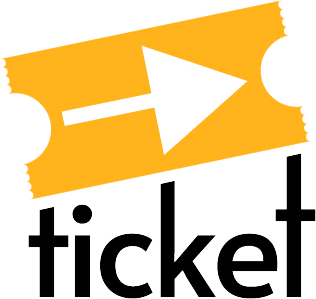
Module 4 - Fostering Participation and Learning for All
This Section will help you understand why words matter when it comes to talking about disability and persons with disabilities, and practice finding the right words.
Learning Outcome: Learn how to recognise and use inclusive language in relation to disability and persons with disabilities.
![]() Estimated time to complete this section: 20 minutes
Estimated time to complete this section: 20 minutes
Contents:
-
Learning Point 1: Talking About Disability
-
Learning Point 2: Words Matter
-
Exercise: Find the Right Words
Learning Point 1: Talking About Disability
As a basic communication tool, language is closely related to the process of perceiving the world. As such, language helps us express judgements and emotions. Language also changes over time and reflects how disabilities are perceived and understood.
People with disabilities are also advocating for more inclusive language to reflect their realities. The following Facebook-post, published by the Venus de Milo Foundation, is an example of a text expressing this kind of demand made by persons with
disabilities:
The widespread use of negative terminology can result in the social exclusion of people with disabilities. It is therefore necessary to avoid not only terms perceived as pejorative but also ones that are euphemistic and patronising. Not everyone will agree on everything but there is general agreement on some basic guidelines on how to refer to persons with diasbilities. The British government for instance adopted the following principles for written communications to avoid passive, victim words and promote language use that respects disabled persons as active individuals with control over their own lives.
Words matter
The participants of Women on Strike demos will include persons with disabilities and also their relatives; families, partners, carers and carers' relatives, and also children. Let us not forget that the language we use is very important - when talking about disability, let us think twice whether the way we phrase our thoughts does not offend or humiliate anyone. Therefore, instead of using the words 'cripple', 'invalid', 'handicapped' (negative terms), one can use the (neutral) phrase 'disabled person' or 'person with a disability'.
Text posted on 2 October 2016, accessed 20.04.2021 https://www.facebook.com/StowarzyszenieStrefaWenusZMilo/photos/a.1524022897859630/1763410207254230
Learning Point 2: Words Matter
Click through the icons on the interactive presentation below to learn more about inclusive language in the context of disability and persons with disabilities.
Exercise: Find the Right Words
Review the following sentences/wordings about disability and persons with disabilities. What alternatives could you give in English (or other languages)?
 This work has been created by the TICKET Consortium and
licensed under a Creative Commons Attribution-Share Alike 4.0 international license.
This work has been created by the TICKET Consortium and
licensed under a Creative Commons Attribution-Share Alike 4.0 international license.
